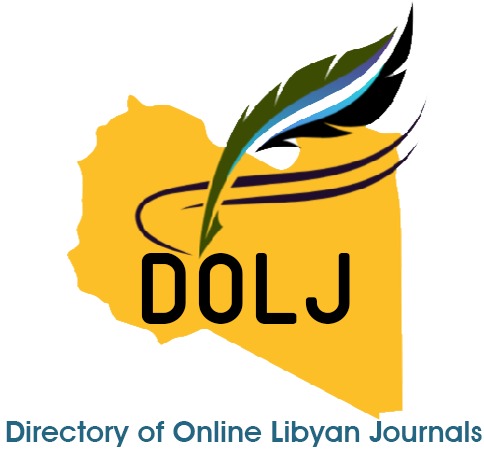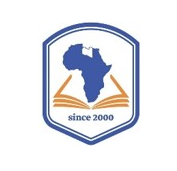Libyan teachers’ perspectives on employing digital boards for active learning to improve primary school pupils’ vocabulary acquisition
Keywords:
Digital boards, Active learning, Educational technology, Vocabulary acquisitionAbstract
This study employed an online survey using quantitative research method to gain insights into teachers' perspectives on employing digital boards in teaching vocabulary for primary pupils. The data collection tool was the survey, consisting of 20 items measured on a 5-point Likert scale. The survey was distributed to 45 primary school teachers from international and private schools in Tripoli, Libya, during the academic Year 2023-2024. Upon analyzing the responses, the results revealed that Libyan primary school teachers generally hold positive attitudes towards using digital boards to enhance vocabulary acquisition. Furthermore, the study found no significant statistical difference in attitudes based on gender, age, and years of experience. The results indicated that digital boards are more effective for teaching English, particularly in delivering vocabulary, than traditional methods. Finally, the findings suggested that the teachers' consistent use of digital boards may increase student responsiveness and engagement. To end, Libyan primary school teachers in international and private classrooms were too enthusiastic about using digital boards in vocabulary lessons and even expressed a willingness to provide extra classes with their assistance.








